Conservation of Wildlife Corridors through Community-based Eco-tourism Development

Project Details & Results
The main goal of the project is conservation of migratory routs of large mammals and habitats of other biodiversity species listed in the Red Data Book of Armenia and IUCN as well as improvement of socio-economic conditions of the local population in selected areas of Vayots Dzor region. The project aims to mitigate a negative anthropogenic impact on wildlife through introduction of biodiversity-friendly livelihood practices and raising awareness of local population on conservation of sensitive areas and habitats while increasing understanding about the importance and value of local biodiversity.
The target area covers 1000 hectares of steppe and mountain-steppe landscapes on the lands of Azatek and Zedea rural settlements. This area is part of the Lesser Caucasus Eco-corridor, designated by the World Wildlife Fund, and is extremely rich with biodiversity of national and global significance, listed in the international and national Red Data Books. It also serves as a migration corridor for a number of endangered species, such as the Armenian mouflon (Ovis landmarktailis), Bezoar goat (Capra aegagrus aegagrus) and Caucasian leopard (Panthera pardus).
As in many other areas, anthropogenic factors of recent decades, especially poaching, unregulated collection of herbs, unsustainable agriculture and leisure (recreation) practices, etc. combined with high level of rural poverty have had a significant negative impact on the environment and continue to threaten the integrity of these important ecosystems. Therefore, the project will primarily focus on the development of alternative sources of income for the rural communities, involvement of the local population in nature-based conservation activities, combined with extensive environmental awareness campaigns.
The project will be implemented in close cooperation with local authorities and rural population, as well as with technical support and co-financing from the WWF office in Armenia.
Project Results
The project will produce the following results:
• Ecosystem status and biodiversity data collected and summarized in the database
• Protection and conservation of the target area ensured
• Infrastructures necessary for the development of eco-tourism (camp site, information center, viewpoints) created
• Energy-saving LED lighting in Azatek settlement installed
• Tourism services and modern technologies introduced in the community
• Awareness of local population, especially youth on environmental issues raised.
The main goal of the project is conservation of migratory routs of large mammals and habitats of other biodiversity species listed in the Red Data Book of Armenia and IUCN as well as improvement of socio-economic conditions of the local population in selected areas of Vayots Dzor region. The project aims to mitigate a negative anthropogenic impact on wildlife through introduction of biodiversity-friendly livelihood practices and raising awareness of local population on conservation of sensitive areas and habitats while increasing understanding about the importance and value of local biodiversity.
The target area covers 1000 hectares of steppe and mountain-steppe landscapes on the lands of Azatek and Zedea rural settlements. This area is part of the Lesser Caucasus Eco-corridor, designated by the World Wildlife Fund, and is extremely rich with biodiversity of national and global significance, listed in the international and national Red Data Books. It also serves as a migration corridor for a number of endangered species, such as the Armenian mouflon (Ovis landmarktailis), Bezoar goat (Capra aegagrus aegagrus) and Caucasian leopard (Panthera pardus).
As in many other areas, anthropogenic factors of recent decades, especially poaching, unregulated collection of herbs, unsustainable agriculture and leisure (recreation) practices, etc. combined with high level of rural poverty have had a significant negative impact on the environment and continue to threaten the integrity of these important ecosystems. Therefore, the project will primarily focus on the development of alternative sources of income for the rural communities, involvement of the local population in nature-based conservation activities, combined with extensive environmental awareness campaigns.
The project will be implemented in close cooperation with local authorities and rural population, as well as with technical support and co-financing from the WWF office in Armenia.
Project Results
The project will produce the following results:
- Ecosystem status and biodiversity data collected and summarized in the database
- Protection and conservation of the target area ensured
- Infrastructures necessary for the development of eco-tourism (camp site, information center, viewpoints) created
- Energy-saving LED lighting in Azatek settlement installed
- Tourism services and modern technologies introduced in the community
- Awareness of local population, especially youth on environmental issues raised
.png&w=3840&q=75)
Subscribe for our news
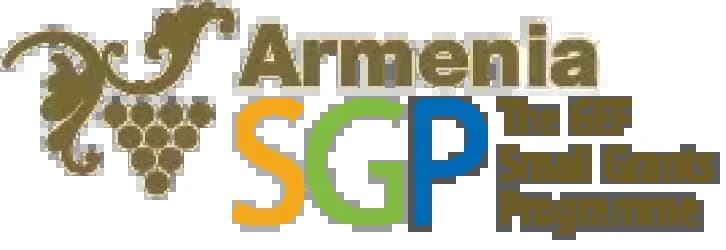


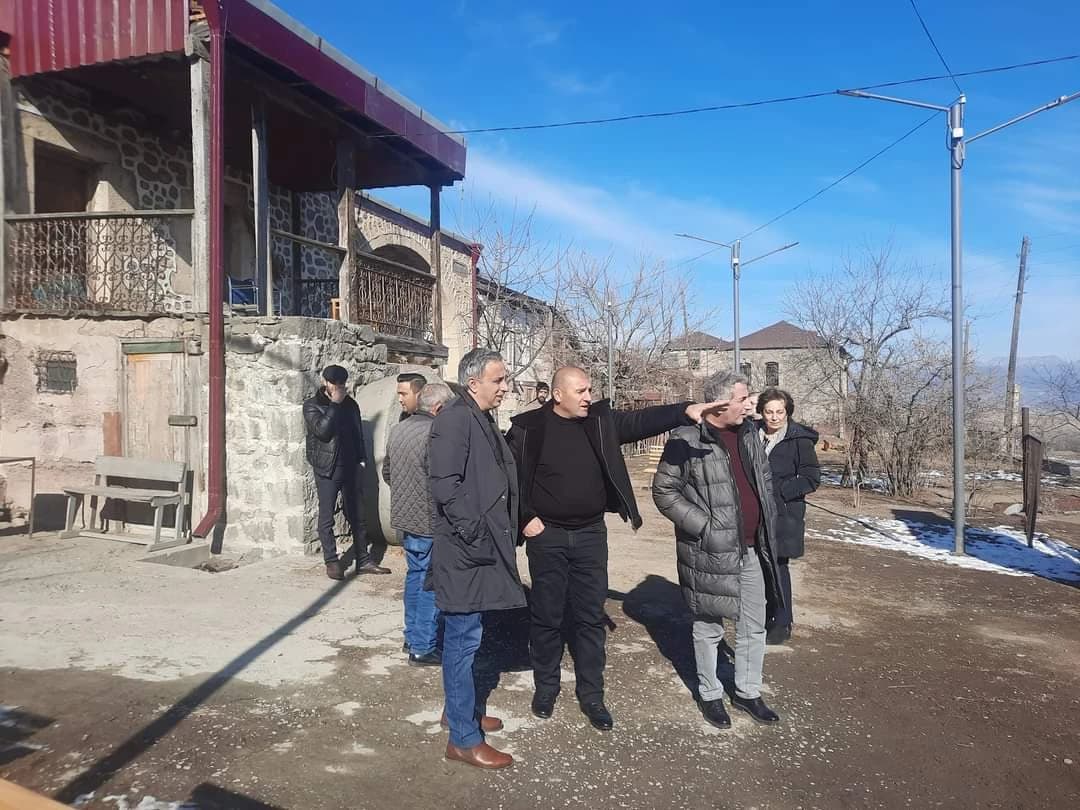
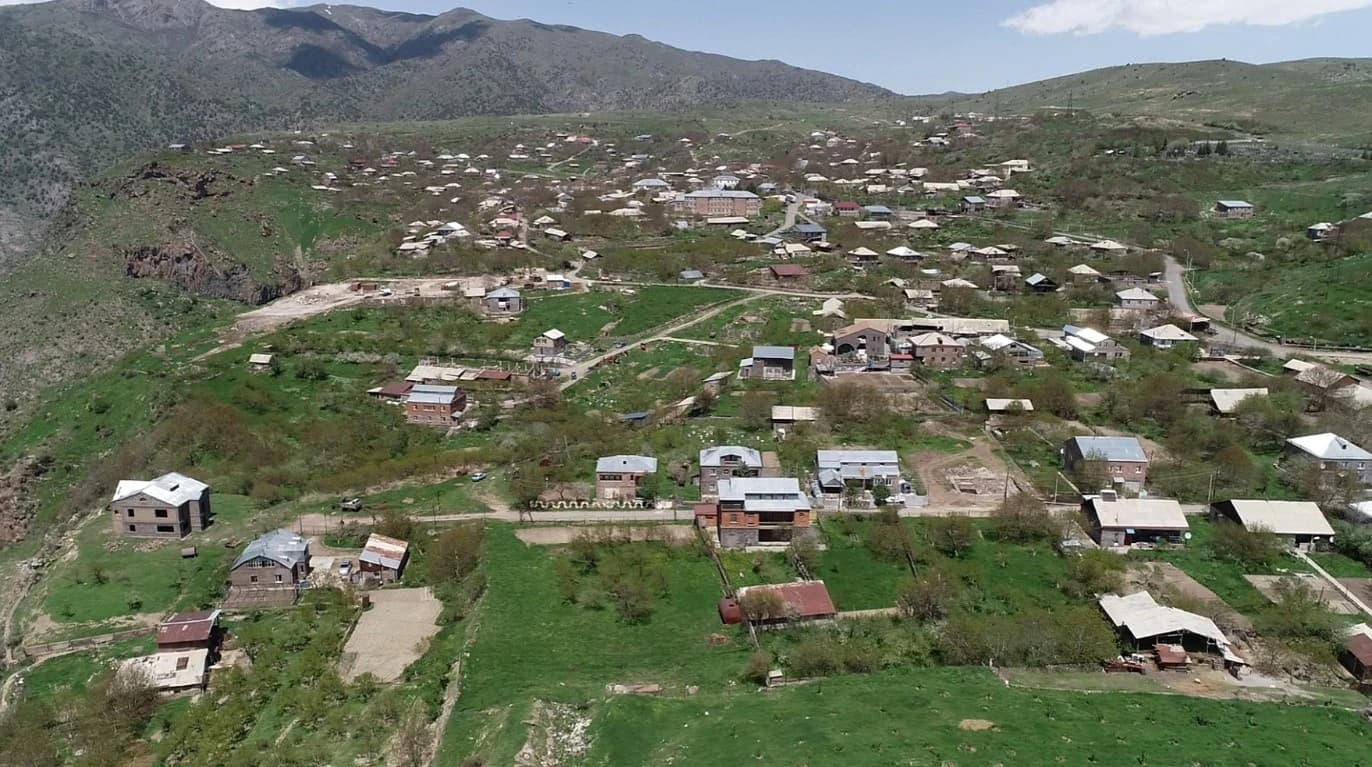

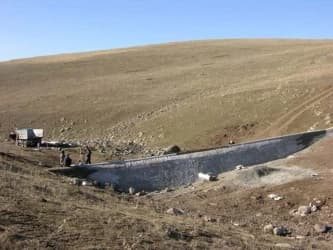
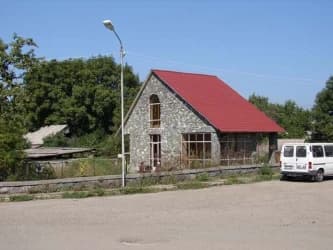
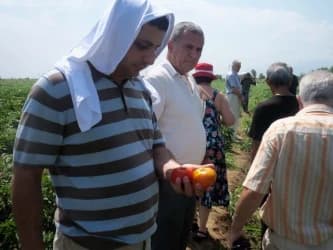
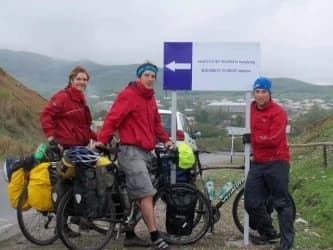
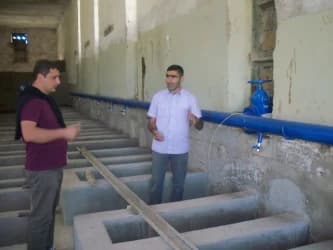
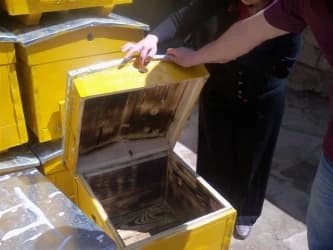
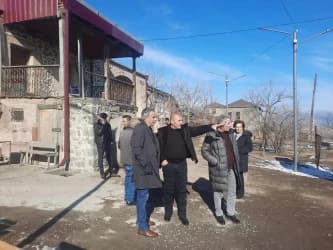
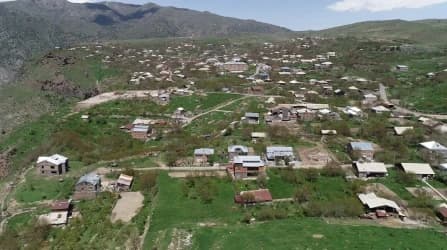

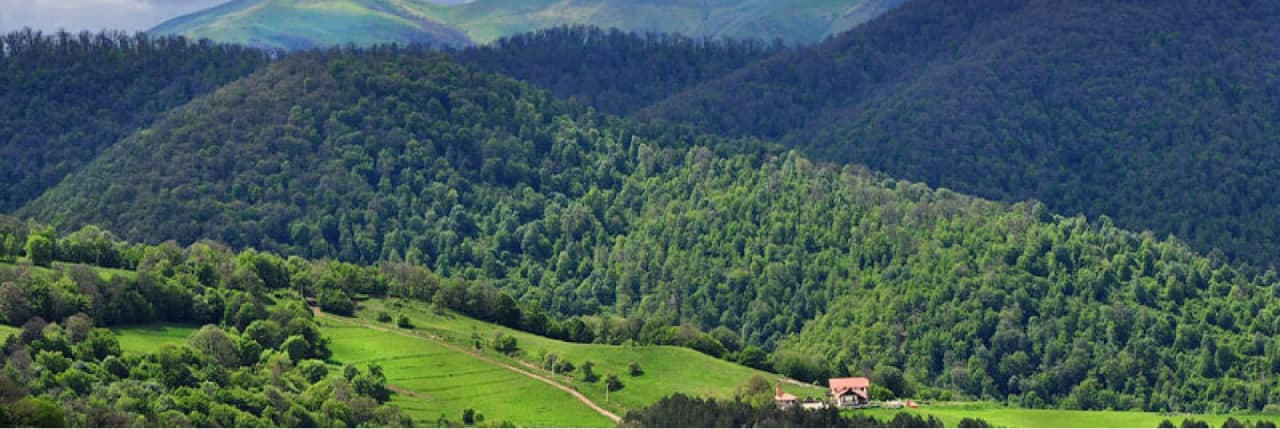
.png&w=3840&q=75)
